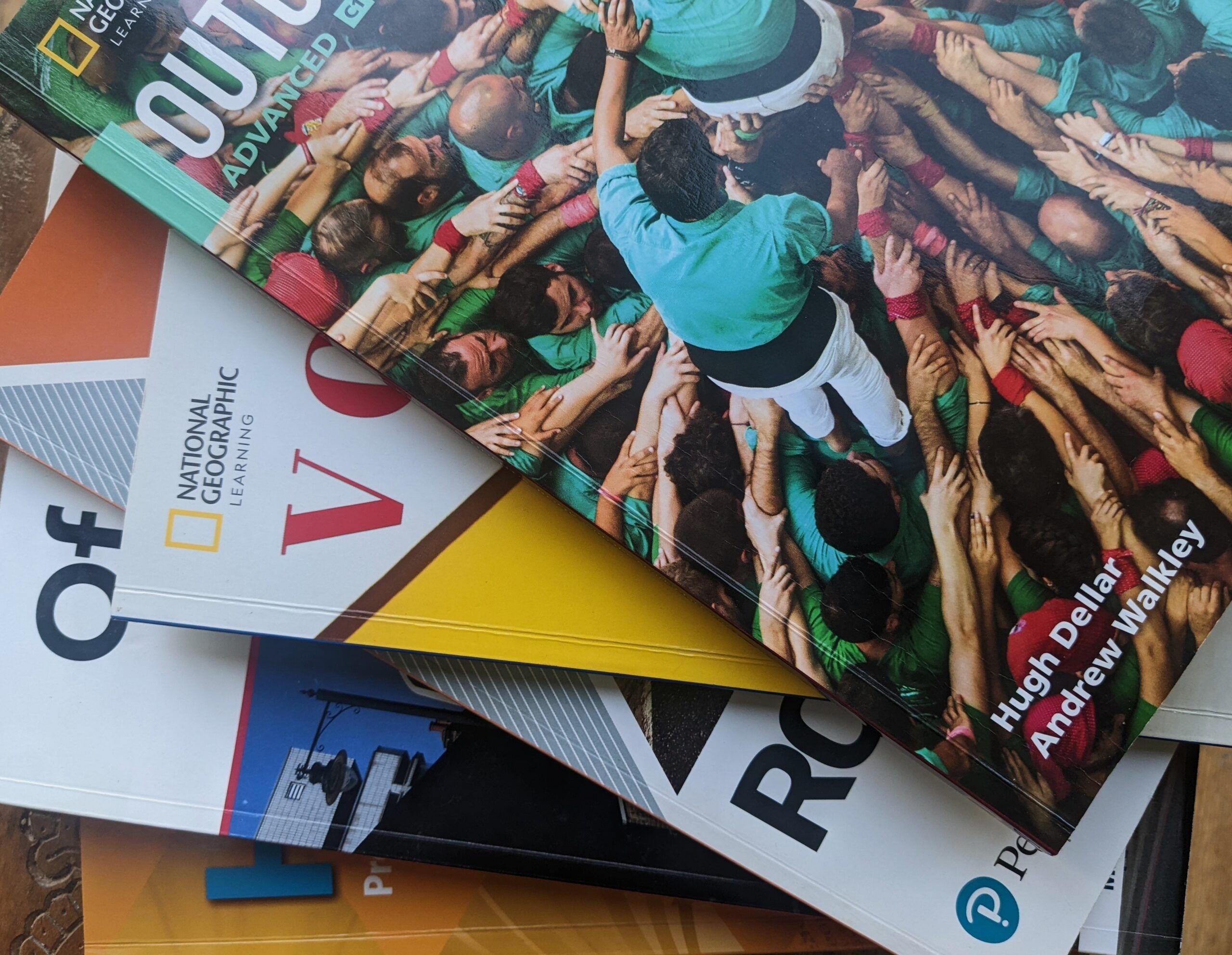Tag: teaching languages at low levels
Rereading texts to revise language can be good because we access language outside the selection in exercises labelled vocabulary or grammar. Whether you have treated the listening or reading text as purely developing skills or not, there is good reason to revisit texts to focus on language – especially when we want to revise content later in the course and especially at low levels.Rereading to improve reading fluency (and revise words)In the case of lower levels, it can be good to reread a text to help with reading fluency – especially when your students are working with a new...
More activities to revise language in class at low levels
Why do activities to revise language in class? Teachers sometimes see class time as only for ‘new’ input. Revision is for students to do at home. I understand that idea. It also depends a bit how long your class is. If you have one 50 or 60-minute class a week, maybe that makes some sense. And students do have to take some responsibility, right? Ultimately, languages are truly learnt and certainly become more ‘real’ when students study and use the language outside class. But then many students set aside 3 or 4 hours of their week to do a class, so expecting a huge amount extra is not...
Low level activities to revise vocabulary: what to choose
To learn words students need to recall and use them multiple times, so it is good to have activities to revise vocabulary in class. In this post I look at choosing items to revise and what difference low levels makes on this and the tasks we do.Not just vocabularyThe first thing to say is that I think we should encourage students to think that when they revise vocabulary they also revise grammar. This is particularly true at the lowest levels where so many words are what might be described as grammar words and others have a an overall conceptual meaning that allows for a huge number of...
Student-centred classes: it’s not just pair work!
What do teachers mean by student-centred classes? It seems some only see it as increasing pair work and reducing whole class teaching. The teacher should be a facilitator setting up tasks and watching, rather than doing explicit teaching. That at least was an impression I had from one teacher at a recent training, but it also comes from CELTA trainers urging to keep teacher talking time (TTT) to a minimum and others who frown on direct explicit teaching. However, I think this is a rather reductive way of thinking about learner-centred classrooms and hides important principles of...
How should I use my coursebook? With principles!
It seems that most teachers see the value of using a coursebook, but the bigger question is: how should I use them? That was my conclusion from reading a recent post on LinkedIn by Katherine Bilsborough. She asked for English language teachers who were anti-coursebook to explain why they were against using them. As it turned out, most of the comments weren’t really anti-coursebook at all – maybe because they were from people connected to Kath, who is … a coursebook writer! However, I think this is just how the majority of teachers view coursebooks. There are those who loudly rant about the...
Aiming for average
An amazing feat, but that’s allI recently watched Nyad – a new film about the super-endurance swimmer Diane Nyad, who swam from Cuba to Florida. I like these kinds of stories, and the achievements they depict are often pretty amazing – but I’m turned off if they are presented as models of how to achieve things in life, which is exactly what happens at the end of Nyad. I buy these stories as entertainment, but I don’t buy into the lessons that are supposed to be learnt: “Look at me and learn how anything is possible if you just believe in yourself”, “Follow your dreams and give...
Back in class: thoughts from learning and teaching languages at low levels
During the eighteen months of writing the new edition of Outcomes I put my teaching and language learning efforts on hold. Back in January 2022, when we started the project, I was teaching a beginner Spanish class and learning Russian, but it quickly became clear that my addled brain was not going to do multi-tasking very well, so the lessons came to an end. Now Outcomes is finished and I’m back in the classroom. I’m teaching a low-level Spanish class with a colleague at Lexical Lab and also starting again with Russian as what I guess you might describe as a false beginner. In both...






